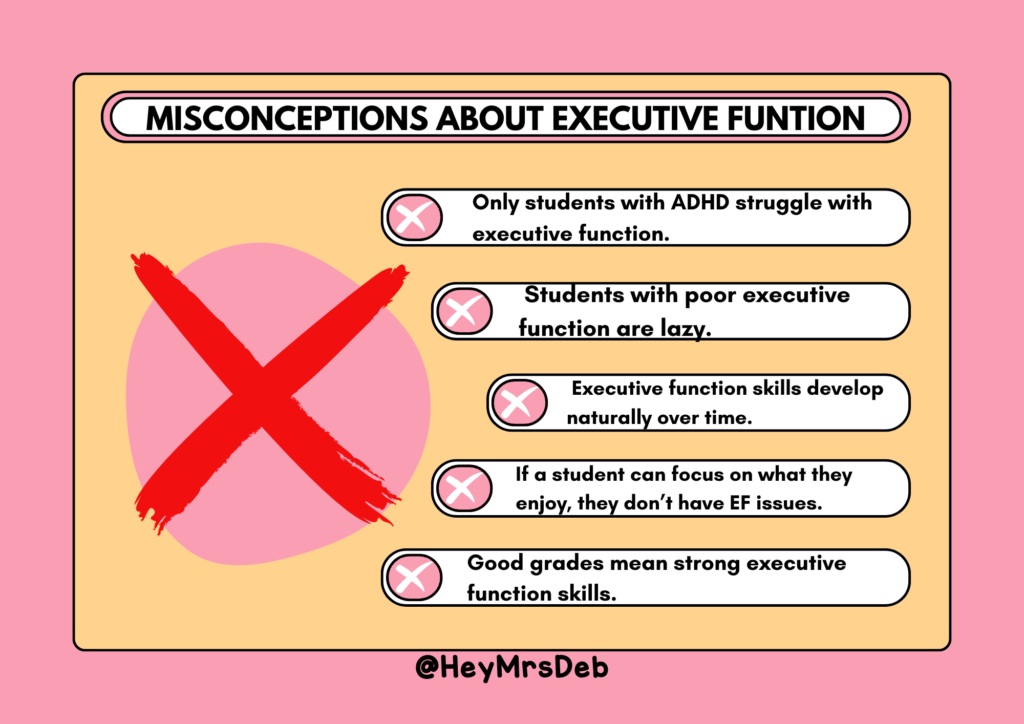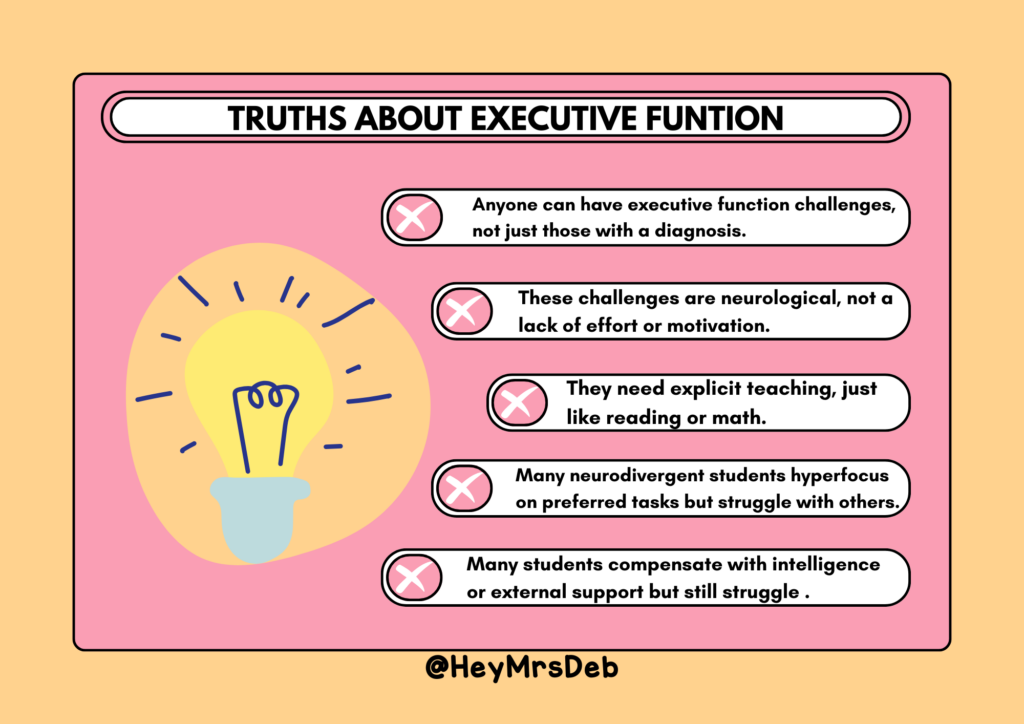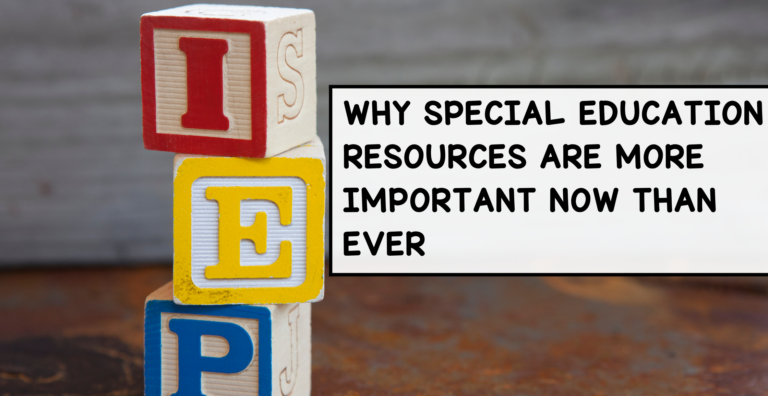The Ultimate Guide to Helping Teens Build Executive Function Skills and Get Things Done

Why Are Executive Function Skills Important for Teens?
Developing strong executive function skills is essential for teens as these skills enable them to manage their time, stay organized, and regulate their emotions effectively. These abilities are fundamental for achieving success in school, extracurricular activities, and personal responsibilities. Without proper support, teens may struggle with procrastination, disorganization, and self-doubt. By fostering consistency, patience, and rapport, parents and educators can empower teens to build these crucial skills and thrive in their daily lives.
A Short Story About My Experience
I once worked with a middle school student named Alex who struggled with completing assignments and managing his time effectively. His parents were frustrated, and his teachers were concerned about his academic performance. When I first met Alex, I noticed that he often felt overwhelmed by large tasks and would shut down when faced with deadlines.
By implementing a structured routine, breaking assignments into smaller steps, and using visual checklists, Alex slowly gained confidence in managing his workload. Through consistent encouragement and check-ins that focused on celebrating small victories rather than pointing out failures, he began to take ownership of his responsibilities. Over time, Alex not only improved academically but also developed a sense of pride in his achievements. His story is a testament to how patience, consistency, and trust can transform a student’s approach to challenges.

What Are Executive Function Skills?
Executive function skills encompass a set of cognitive processes that help individuals manage their thoughts, actions, and emotions. These skills include organization, planning, time management, impulse control, and goal setting—crucial for academic success and everyday life.
Common Misconceptions About Executive Function Skills
- Misconception: Teens should naturally develop executive function skills on their own.
- Reality: While independence is important, structured support helps build these skills effectively.
- Misconception: Constant reminders and nagging will help teens stay on track.
- Reality: Encouragement and collaborative check-ins work better to foster independence.
- Misconception: Teens who struggle with executive function skills are lazy or unmotivated.
- Reality: Executive function challenges require targeted strategies and support.

How to Get Started with Developing Executive Function Skills
To help teens strengthen their executive function skills, parents and educators should focus on:
- Establishing a structured but flexible daily routine
- Using tools such as planners, calendars, and reminder apps
- Balancing guidance with independence
- Providing positive reinforcement and encouragement
- Setting clear, achievable goals and expectations

Tips for Success in Building Executive Function Skills
- Establish Clear Expectations: Define responsibilities upfront with realistic goals.
- Use Organizational Tools: Encourage the use of planners and digital tools to track assignments.
- Practice Patience: Understand that growth takes time and provide gentle guidance.
- Encourage Self-Advocacy: Teach teens to voice their needs and seek support when necessary.
- Model Effective Habits: Demonstrate organization and time management in daily life.
- Provide Constructive Feedback: Focus on solutions rather than mistakes to build confidence.

Common Questions About Developing Executive Function Skills
1. How do I support my teen without micromanaging?
Set scheduled check-ins and encourage them to self-monitor progress with tools like planners.
2. What if my teen resists structure and organization?
Introduce flexible routines that allow for their input and gradual adaptation.
3. How can I help my teen improve time management?
Use timers, set priorities, and break tasks into smaller steps to avoid overwhelm.
4. How do I foster independence while offering support?
Provide guidance when needed but allow them to make decisions and learn from mistakes.
5. How can I encourage responsibility in my teen?
Assign age-appropriate tasks and celebrate their accomplishments to boost confidence.
6. How do I balance being firm yet supportive?
Maintain clear boundaries while showing warmth and understanding.
The Last Thing You Need to Know About Executive Function Skills
Helping teens develop executive function skills requires consistency, patience, and rapport. With the right approach, they can build confidence, responsibility, and independence.
If you found this guide helpful, be sure to share it with others or subscribe for more expert tips and resources!





